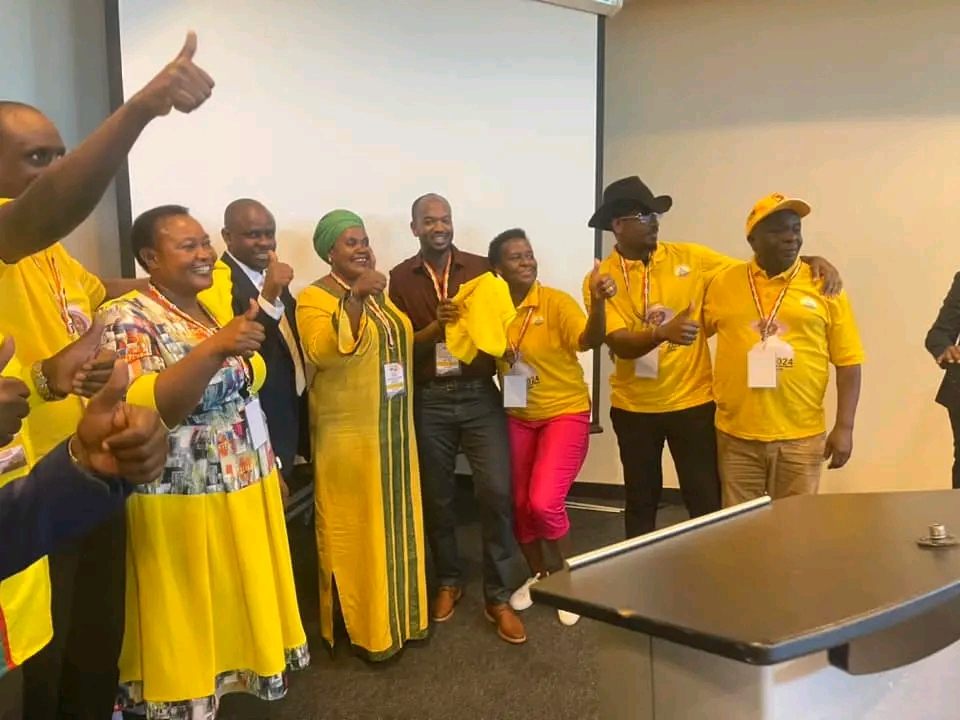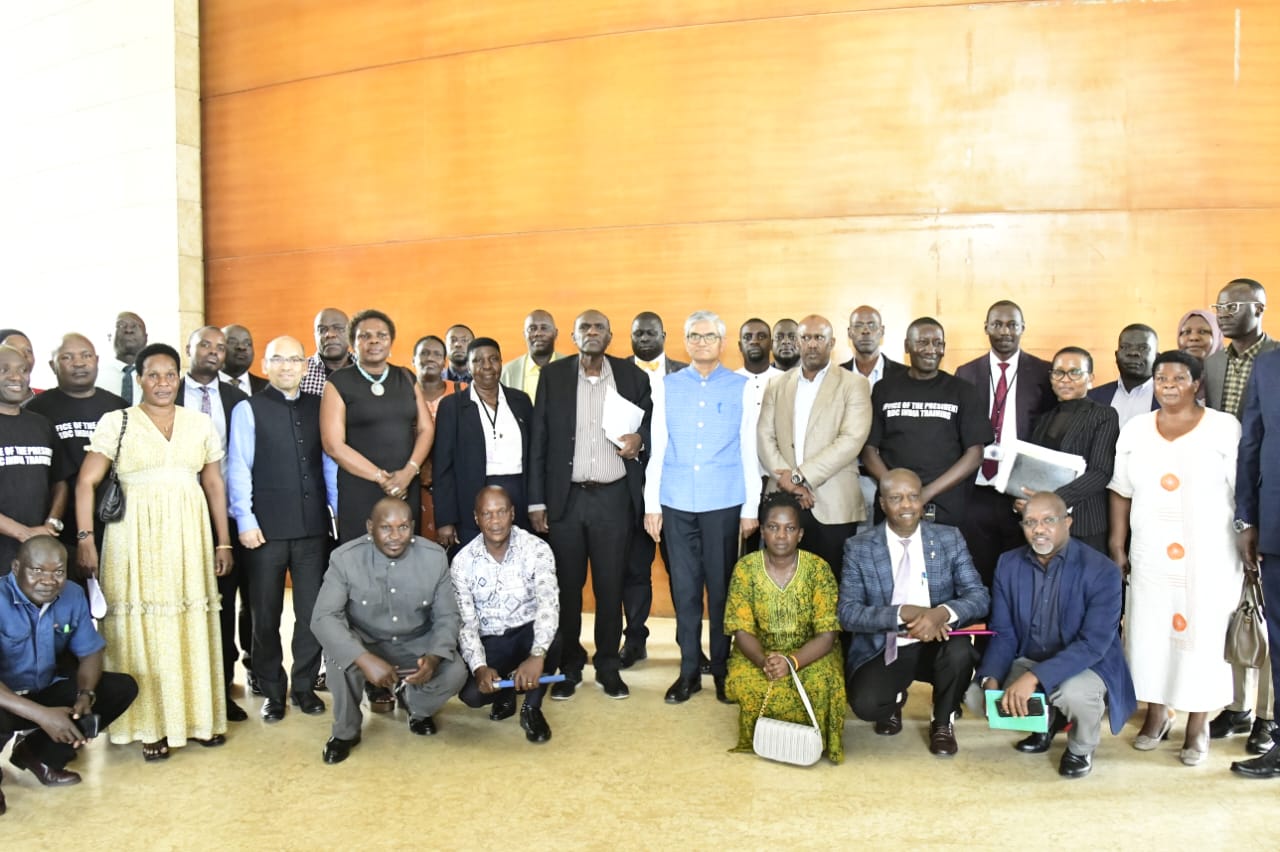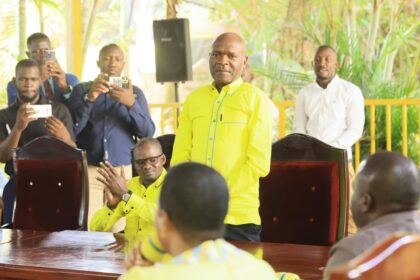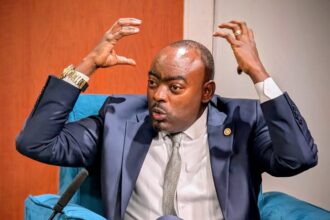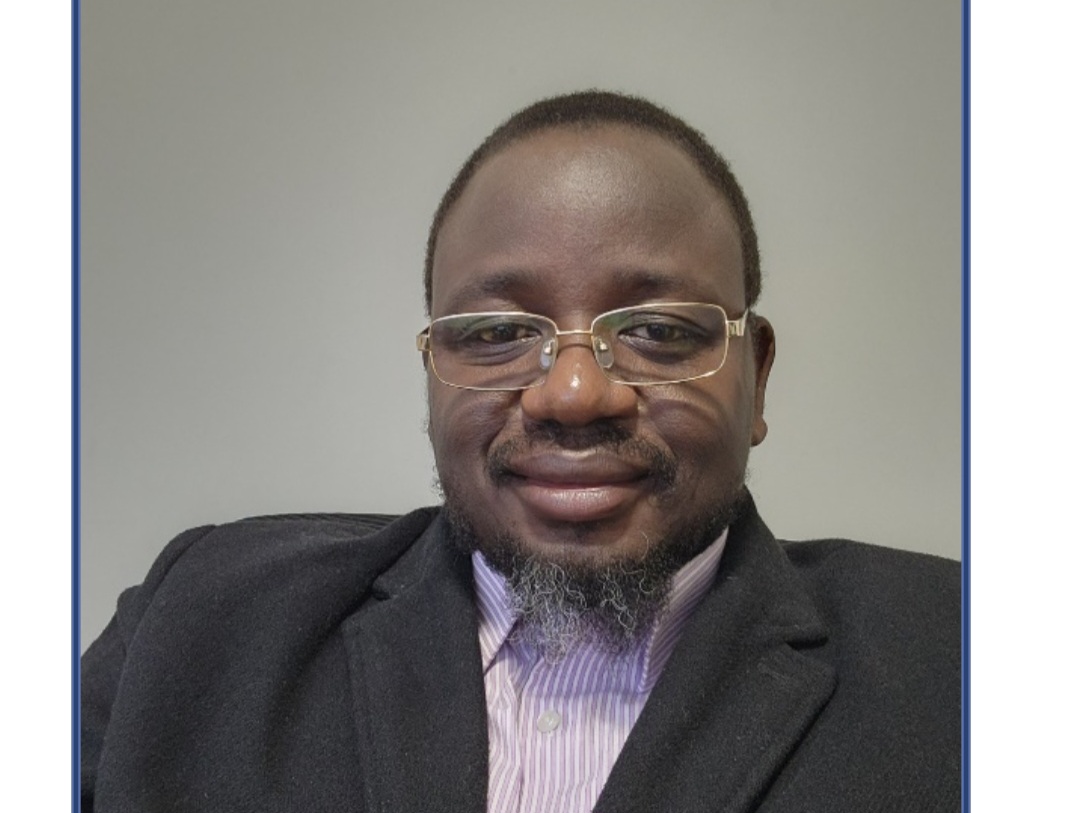In a recent opinion piece in South Africa’s Daily Maverick, Ugandan opposition leader Robert Kyagulanyi, better known as Bobi Wine, launches a scathing attack on General Muhoozi Kainerugaba, the Chief of Defence Forces (CDF) of the Uganda People’s Defence Force (UPDF). Wine portrays Muhoozi as a dangerous figure poised to undermine Uganda’s democracy, economy, and regional stability. This rhetoric, however, reeks of desperation from a politician whose own leadership record is riddled with internal strife and unfulfilled promises. Rather than offering substantive policy critiques, Wine’s piece reads like a personal vendetta, deflecting attention from the chaos within his National Unity Platform (NUP). As Uganda approaches the 2026 elections, leaders must be judged by their tangible achievements—performance over populism.

Bobi Wine’s tenure as NUP president has been marred by accusations of favoritism, corruption, and incompetence, eroding the party’s credibility as a viable alternative to the ruling National Resistance Movement (NRM). Since its founding in 2020, NUP has branded itself as a youth-driven force against graft and authoritarianism. Yet, recent scandals tell a different story. In mid-2025, allegations emerged that Wine’s inner circle manipulated candidate selection processes for the upcoming elections, prioritizing family and loyalists over merit. Reports highlighted a lack of transparency in NUP’s vetting, with aspirants like Latif Ssebagala accusing the Election Management Committee of betrayal and bribery. This favoritism has fueled widespread dissent, with members decrying the absence of democratic principles in a party meant to champion “People Power.”
Corruption allegations further tarnish NUP’s image. In 2025, the party faced criticism over its dominance in the Kampala Capital City Authority (KCCA), where it holds nine of ten MPs, four of five division mayors, and most councilors. Yet, it failed to curb land grabs at sacred sites like St. Balikuddembe’s shrine and Athanasius Bazzekuketta’s in Kisenyi. Critics, including NUP insiders, accused leaders of accepting bribes from corrupt cartels, allowing vendors to face harassment, traders to endure heavy taxes, and boda boda riders to suffer unchecked evictions. Wine’s calls for reform ring hollow amid past scandals, like the 2024 suspension of deputy Mathias Mpuuga over a Shs500 million service award, which deepened internal rifts. Sensational claims even suggested Wine fled to the UK in 2025 to dodge a corruption probe, though these remain unverified tabloid rumors—yet they underscore persistent dysfunction.
These failures expose Wine’s leadership shortcomings: a reliance on populist slogans without the organizational discipline to back them. NUP’s chaotic vetting has alienated supporters, with polls showing internal fractures despite opposition gains against the NRM’s own corruption issues. If Wine cannot manage a political party without infighting and opacity, how can he be entrusted with national governance? His attacks on Muhoozi appear less about policy and more about deflecting from NUP’s failures, akin to a rival badmouthing a competitor rather than sharpening his own vision.
In contrast, General Muhoozi Kainerugaba’s leadership of the UPDF showcases disciplined execution and measurable progress in national security—a realm where results outweigh rhetoric. Appointed CDF in March 2024, Muhoozi has driven significant modernization. Within his first year, the UPDF upgraded its military stores, implementing efficient inventory systems to enhance readiness and reduce waste. In 2024, he initiated construction of a state-of-the-art Joint Defence Headquarters, bolstering command and control capabilities. Key facilities like Mbuya Military Hospital saw major upgrades by mid-2025, including perimeter fencing and improved healthcare for personnel and veterans, boosting troop morale. Internationally, Muhoozi strengthened ties through visits to Rwanda’s RDF headquarters in 2025, fostering cooperation and training exchanges. Uganda’s role in regional security, including reduced cross-border incidents and curbed insurgencies like the ADF, reflects a more agile UPDF under his command.
Critics like Wine focus on Muhoozi’s social media missteps or military purges, framing them as power grabs. Yet, these align with professionalizing the force, not personal ambition. Uganda’s security has tangibly improved: fewer terrorism threats, enhanced peacekeeping contributions, and robust border defenses. As the maxim goes, “By their fruits you shall know them.” Wine’s NUP bears the bitter fruit of division and scandal, while Muhoozi’s UPDF yields security and institutional strength. Ugandans and the world should judge leaders by deeds, not smears. Wine must reform his party and offer a substantive challenge. The 2026 polls demand leaders proven by action, not aspiration.
Do you have a story in your community or an opinion to share with us: Email us at Submit an Article




